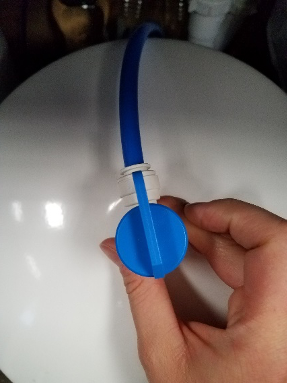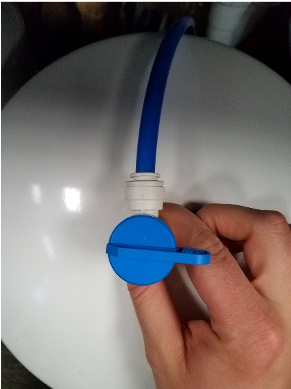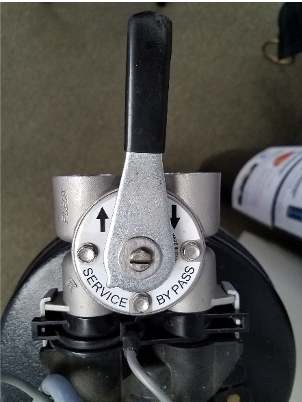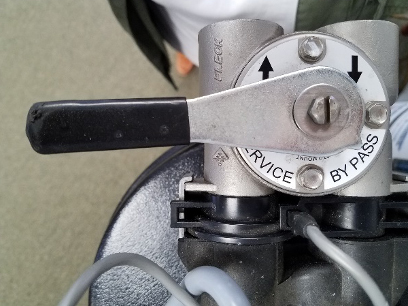Frequently Asked Questions
Water Basics
What is Hard Water?
The most common problem found in homes is the water. Hard water contains dissolved hardness minerals above 1 grain per gallon (GPG). Common minerals in water include: calcium, manganese, and magnesium.
How do I know if I have hard water?
Is your laundry stiff and scratchy? Does your skin feel dry? Is your water bill unusually high? Are your tub and sinks full of rust rings and scale buildup?
If you answered yes to any of these questions, there is a good chance you are dealing with hard water in your home. To be sure, schedule a free in-home water analysis with Aquarius Water Conditioning.
How hard is my city’s water?
View our city water hardness table to learn more about your city’s water hardness.
DOWNLOAD HARDNESS TABLE >
DOWNLOAD HARDNESS TABLE >
How is hardness of water measured?
The hardness of water is determined by parts per million (PPM) or grains per gallon (GPG). Keep in mind that 17.1 PPM = 1 GPG.
Water softeners
What is a water softener?
A water softener is a device that removes unwanted, and potentially harmful, minerals (ex: calcium, magnesium, etc) that cause hardness in your home’s water. In order to soften water, a salt solution, or brine, is used to perform a “scientific swap” between the salt and hardness minerals present in the water in your home.
How is water softening beneficial?
Hard water can dry out your skin and hair, cause water spots to appear on freshly cleaned glassware, and cause calcium and limestone buildups within your plumbing system that lead to potentially damaging clogs and low water pressure. In short, choosing to condition the hard water in your home can make cleaning, showering and appliance shopping a whole lot easier and less stressful!
How often do I need to add salt to the Brine Tank?
It depends on how often your system needs to regenerate. The more your softener regenerates the more salt you will consume. As for the salt level in the brine tank, you can let the salt get down to the point inside the tank where you can see the water just above the salt. When you see water above the salt, it is time to add more!
What type of salt should I use?
We recommend only using solar salt or solar crystals. This salt will fully dissolve when added to brine tank. This will ensure proper regeneration to occur.
Why is my salt in a big ball, and how do I handle it?
Possibly a salt bridge. This is caused by either high humidity or too much salt in salt tank.
To fix, pour hot water over the salt and try breaking it up with a large stick or hitting side of brine tank. Then put the unit through a manual regeneration cycle. Give it a couple days for soft water to present. If not, call back and we can schedule a service call.
To fix, pour hot water over the salt and try breaking it up with a large stick or hitting side of brine tank. Then put the unit through a manual regeneration cycle. Give it a couple days for soft water to present. If not, call back and we can schedule a service call.
Drinking water systems
How do I place my reverse osmosis (RO) system into bypass?
Turn the blue nob on top of RO holding tank a quarter turn so the handle of the nob is not in-line with the blue tubing.

In Service

In Bypass
How do I place valves into bypass?
1. Look at the back of valve on water treatment system to locate the bypass valve.
2. Turn black handle quarter turn to the left to place unit into bypass. The little “arrow” on valve will be pointing to bypass position.
NOTE: Moving the handle could be tough. Use WD-40 to help move or lots of muscle. (The bypass handle hasn’t probably been moved since install, which is another reason it is hard to move.)
2. Turn black handle quarter turn to the left to place unit into bypass. The little “arrow” on valve will be pointing to bypass position.
NOTE: Moving the handle could be tough. Use WD-40 to help move or lots of muscle. (The bypass handle hasn’t probably been moved since install, which is another reason it is hard to move.)

In Service

In Bypass
How good is your water?
Get your water quality tested with a FREE in-home water quality test from Water Doctors.

